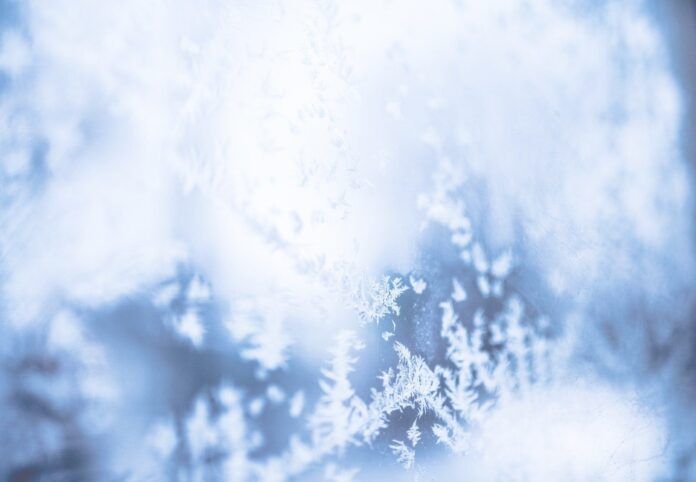With freezing temperatures across the province, BC Hydro set a new record on Monday evening for peak hourly electricity demand – the hour customers use the most electricity.
The previous record was set on Dec. 27, 2021, when consumption reached 10,762 megawatts. Monday night, preliminary analysis found consumption between 5 p.m. and 6 p.m. reached over 10,800 megawatts – the highest ever recorded. This was driven by additional heating requirements.
“With more sub-zero temperatures in the coming days, BC Hydro expects demand will remain high and there is the potential to see this latest record fall before the cold snap ends,” said Susie Rieder, BC Hydro spokesperson.
“Despite the significant increase, we want to assure our customer that we will continue to be able to meet demand for electricity across the province this winter because of our large integrated hydroelectric system.”
Residential electricity use is typically at its highest in the colder, darker winter months, which can lead to higher costs for some customers. BC Hydro is reminding customers there are many ways to reduce electricity use this winter, including:
- Manage home heating actively by turning the heat down when no one his home or when everyone is sleeping. Consider installing a programmable thermostat to automatically adjust temperatures at different times based on your household’s activities. BC Hydro recommends the following temperatures:
- 16 degrees Celsius when sleeping or away from home
- 21 degrees Celsius when relaxing, watching TV
- 18 degrees Celsius when doing housework or cleaning
- Avoid cranking up the thermostat – it does not heat the home up faster than turning it up a degree or two at a time.
- Keep windows covered with blinds and drapes for an extra layer of window insulation. Window coverings can be a quick and cost-effective way to cut heat loss and block cold drafts.
- Draft proof your home to reduce heat loss. Use caulking and weather stripping to seal gaps and cracks around doors, windows, and outlets to prevent heat from leaking out and cold air from coming in.
For more information on how to save electricity and money this winter, visit bchydro.com.
Story by Lee Griffi, Vista Radio




